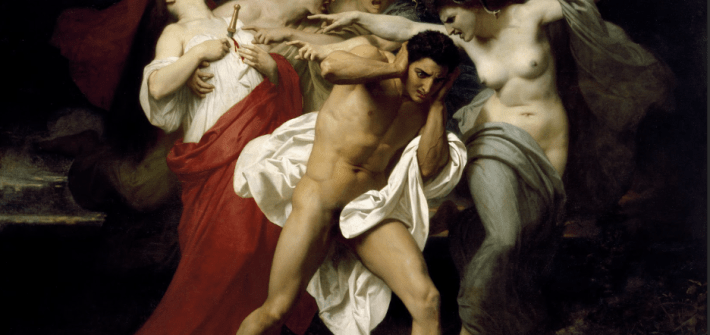Romanus Graecisans: How The Emergence of Rome Impacted The Greeks
By Frederick Frostwick
The expansion of the Roman empire into the east under Augustus both represents the largest growth of the city’s power up to that point and reveals the issue of integrating the Greek-speaking colonies freshly under Roman rule. How the newly conquered Greeks identified their sense of ‘self’ and how their Roman overlords maintained rule of law in the region through a new language of diplomacy…









